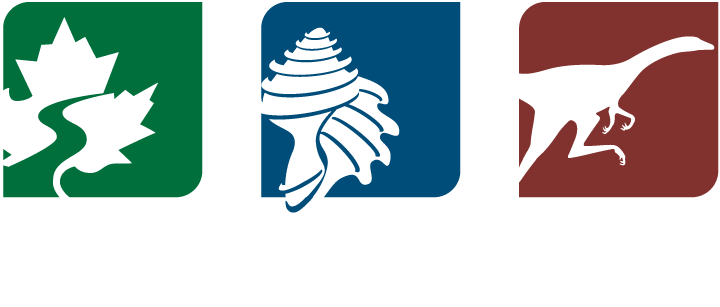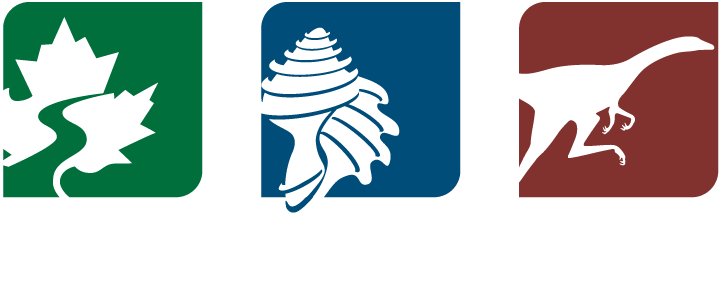How we teach is changing. What's that mean for what we teach?
by Dr. Don Haas
Last updated July 8, 2020
How we teach is what we teach.
As you plan for next year, are you planning to cover the same content as you did in the Before Times?
There are many discussions on the logistics of what schools will look like in the fall. Pretty much everything I've seen is focused on the mechanics of how classes will meet: face-to-face (f2f), online, or hybrid models. Most prominently, both the President and the Secretary of Education have asserted that schools should return to f2f instruction in the fall. In spite of these assertions, it seems extraordinarily unlikely that most teaching will be exclusively in traditional settings throughout the entirety of the next academic year, at least for a great many schools across the country.
This post is intended to start a discussion about how the content that is taught at all levels might change in the the 2020-2021 academic year. While this post is focused on teaching the geosciences, the general ideas are relevant across the curriculum. I suggest we’ll be more effective in our efforts if we focus on smaller sets of bigger ideas than is common practice in schools today. Further, approaches that are more interdisciplinary or multidisciplinary than common approaches hold promise to both make teaching more manageable and to yield more durable and applicable understandings of the world.
Don Haas’s classroom at Norwich High School, in the 1988-1989 academic year. Fewer students will likely be learning in classrooms like this in 2020 than in any year in living memory.
Is your school or district giving direction or opening discussions on if or how content coverage might change? Is your state doing that? I'm hopeful that New York Regents Exams and other standardized tests will not be administered again next year, as it's unrealistic to cover the same content in the wild and woolly year we're likely to experience in 2020-2021.
It seems clear that how you - and virtually every other teacher - will teach will change substantially from what it was in the Before Times. If how we teach is changing, what we teach will change too. We should be planful about that.
Trying to teach the full traditional Regents curriculum and relying upon traditional assessments in these highly non-traditional settings seems to me like a recipe for disaster. What do you think?
I have some thoughts...
In my fantasy world, I'd like to see a focus on a smaller number of bigger ideas. We’ll also do better if we attend to the fact that most or all of the serious challenges that society faces are highly interdisciplinary in nature, unlike school curricula. My fantasy also involves having students not just know about things that matter, but be able to do things that matter (and matter outside of academic settings). And to have those skills and understandings be both durable and applicable to societal issues. Understandings should last beyond the assessment and help learners make wise decisions in their lives outside of school.
As some of you know, my colleagues and I have been thinking about bigger ideas for a long time. Here's the capsule version:
Earth System Science Bigger Ideas
Click here for a printable version with a bit more explanation. There's a little more depth here, and they're mapped onto Next Generation Science Standards (NGSS) here, and there's a discussion with somewhat more depth in The Teacher-Friendly Guides to the Earth Science of the US. Here's a link to the Big Ideas chapter from the Midwest Guide.
Circling back to the opening question
I offer no panacea, or really even all that much in the way of concrete ideas beyond the ideas that changing how we teach will change what we teach, and that we should plan for that.
I do know that New York’s Governor Cuomo has connected to the Gates Foundation and created a task force on reimagining education. I'm surprised by how hard it is to find much information beyond the initial press release and news stories on those efforts. And, I find that disappointing. If any of you have more info on their work, please let me know. I also know that on June 29, 2020, the New York State Education Department submitted an application to the U.S. Department of Education requesting $19.9 million in the Rethink K-12 Education Models grant competition to develop and launch the Teaching in Blended/Remote Learning Environments (TRLE) program. Info on that is here. It looks to be mostly focused on the mechanics of delivery, not on the content of what's delivered.
So, have y'all thought much about how the content of what you'll teach might change from the Before Times? If so, what are you thinking? Am I wrong in thinking that our approach to content should change?
We are having related conversations every other Thursday night in our ReinventED-DisruptED meetings. The next session is Thursday, July 9 at 7:30 pm EDT. To join the meetings, register here. We've also set up a Google Group for ReinventED that you can join here. The group is open to all - not just science teachers, and not just teachers. A blog post that introduced that series of discussions, "Reinventing the Educational System in a Time of Disruption," is here.ReinventED meetings alternate Thursdays with Science in the Virtual Pub (SitVP) and share the same meeting link. I'd love to hear your thoughts on any of this, either via email or by joining our every-other Thursday discussions.
I've sprinkled questions throughout the above and maybe it's helpful to pluck them out, and make sure they're all phrased as questions. Here's that:
As you plan for next year, are you planning to cover the same content as you did in the Before Times?
Is your school or district giving direction or opening discussions on if or how content coverage might change?
Is your state providing such guidance?
Do you think Regents Exams (or whatever standardized tests are used in your state or at your grade level) should be administered next year?
Are you aware of information coming out of Governor Cuomo's Gates Foundation-funded task force on reimagining education?
Am I wrong in thinking that our approach to content should change?
And, what are your thoughts about framing the curriculum around a small set of bigger ideas, with more attention to interdisciplinary and multidisciplinary approaches?
Thoughts on any of those questions are welcome.
Again, how we teach in the 2020-2021 academic year is likely to look very different from teaching before 2020. We’ll be more effective if we own up to that and plan for it. How are your plans addressing this?
For more thoughts on how teaching and learning could change in response to the pandemic, see Reinventing the Educational System in a Time of Disruption.



